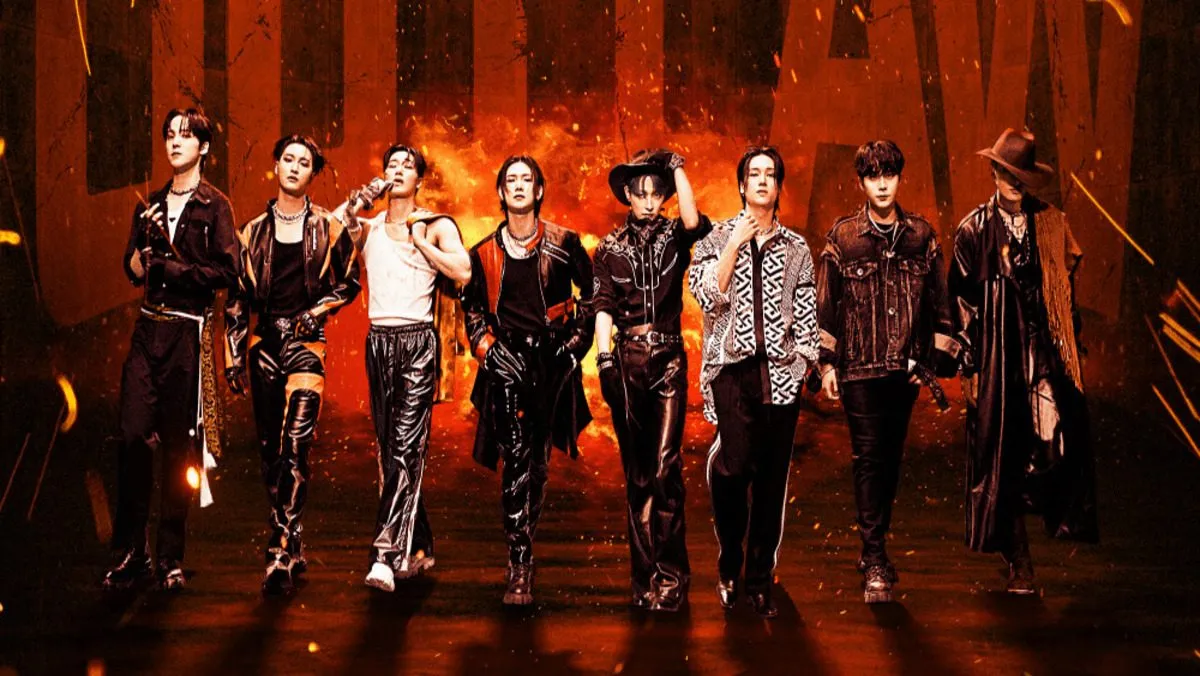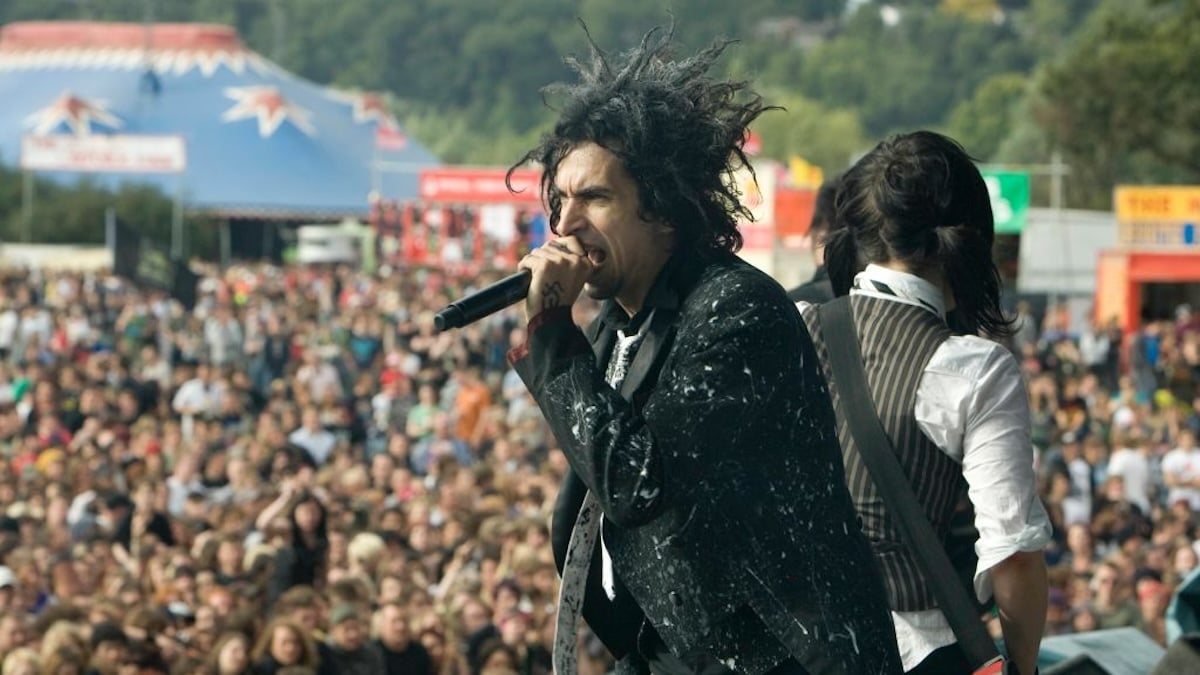Vijaya Gadde, Twitter’s general counsel, took to The Washington Post this week to expand on the social media giant’s shift towards protecting its users from harassment and abuse.
In the op-ed, Gadde makes it very clear that while Twitter values and respects its diversity of voices on all sides of any argument, it also knows keeping its users safe from the very real effects of harassment is equally as important. She acknowledges their failures in the past, and goes into some detail of how they’ve failed to protect those diverse voices they so value.
Balancing both aspects of this belief — welcoming diverse perspectives while protecting our users — requires vigilance, and a willingness to make hard choices. That is an ideal that we have at times failed to live up to in recent years. As some of our users have unfortunately experienced firsthand, certain types of abuse on our platform have gone unchecked because our policies and product have not appropriately recognized the scope and extent of harm inflicted by abusive behavior. Even when we have recognized that harassment is taking place, our response times have been inexcusably slow and the substance of our responses too meager.
Gadde goes on to say, “Freedom of expression means little as our underlying philosophy if we continue to allow voices to be silenced because they are afraid to speak up.” It’s interesting to note that this statement also reflects the greater problem facing said voices in other spheres: that by allowing abuses and harassment to run unchecked everywhere, voices are silenced by fear of backlash and threats.
While she keeps the examples fairly general, she does (thankfully) call out Gamergate as an incident of people attempting to silence voices through anonymous threats and intimidation.
As we’ve reported before, Twitter is making some very real steps towards improving the tools users can use to protect themselves. However, their mindfulness towards the fact that this is an ever evolving and changing fight is the most refreshing point to hear. As Gadde says, “While we have made significant progress, there is more we can do, and our commitment to ensuring safety for our users will continue to be a priority.”
It is with no small hope that these changes prove effective, and more voices will no longer have to live in fear of the threat of retaliation from anonymous masses.
What do you think Twitter could be doing better? Let us know in the comments!
–Please make note of The Mary Sue’s general comment policy.–
Do you follow The Mary Sue on Twitter, Facebook, Tumblr, Pinterest, & Google +?








